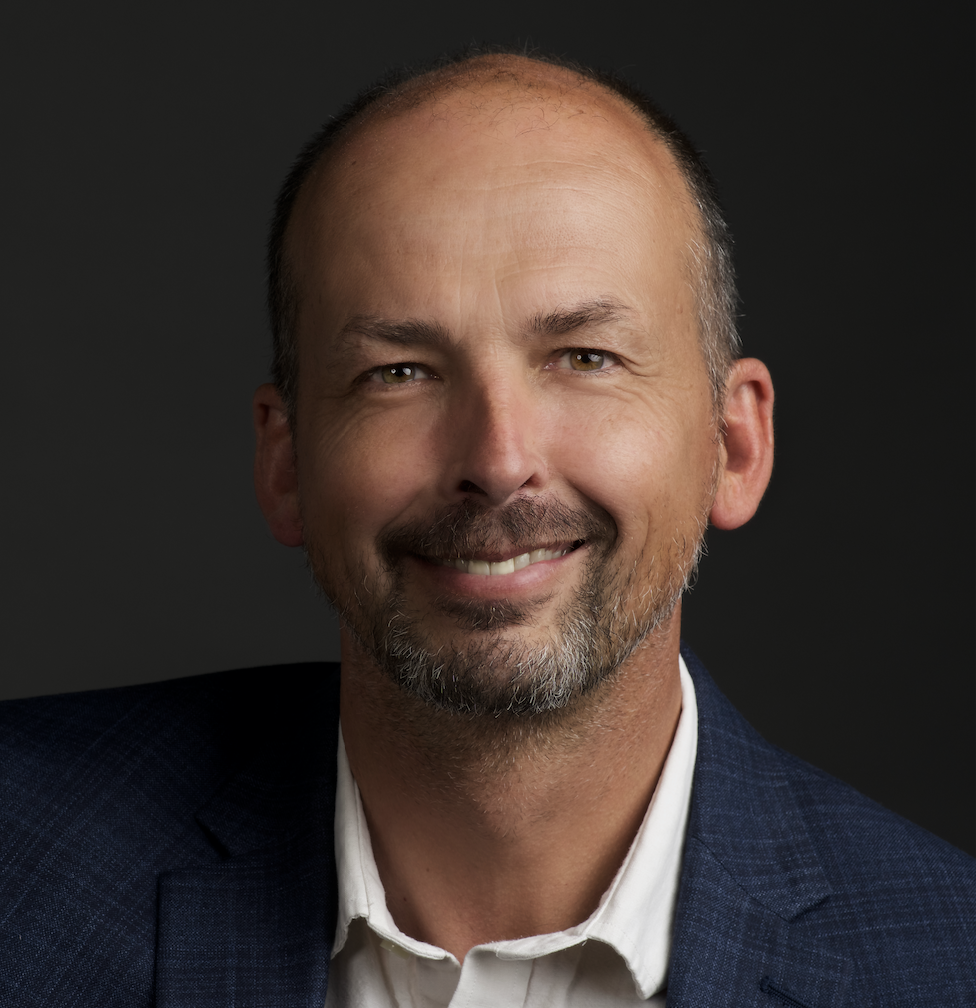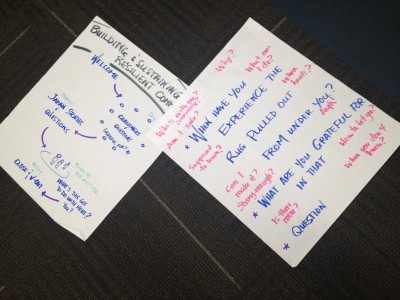The 90 second film below is a spoof on prescription medication advertisements. It has the usual stuff. Cheezy and cheeky characters. Coercive narrative (a prescription will take care of everything). Required warnings. Soft music. The film brilliant in part because behind the humor are things that ring true. truths. One of those is that “we are nature.” And, “it’s helpful to spend time in nature.”
I use these truths often in workshop design. For example, designing time for people to take a walk. To get outside. To rest from the dialogue and planning. To pause in the strategizing. Walks can be in the forest — it’s great to work in retreat settings. But it also could be in a neighborhood. Or even just staring into the sky for a bit. It can be a moment of reflection and meditation with attention to a natural setting.
Being in nature is an invocation to a pause. I long for the freedom that welcomes a pause like this, just because. Without justification. But just in case some verbiage is needed to make it more utilitarian, what I share with people is that nature invites a different mode for sense-making.
It was the poet David Whyte that once said a concept that has stuck with me. “Sometimes, the truth depends on a walk round the lake.”
Enjoy this spoof. For the fun of it. And for the challenge to welcome pause.

